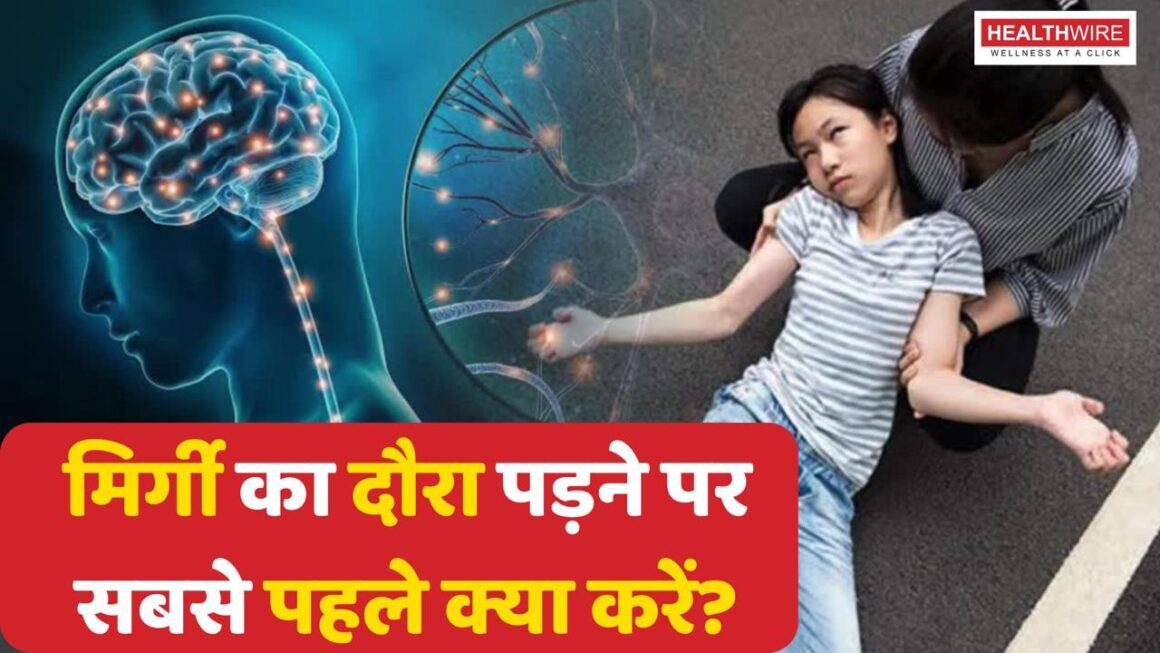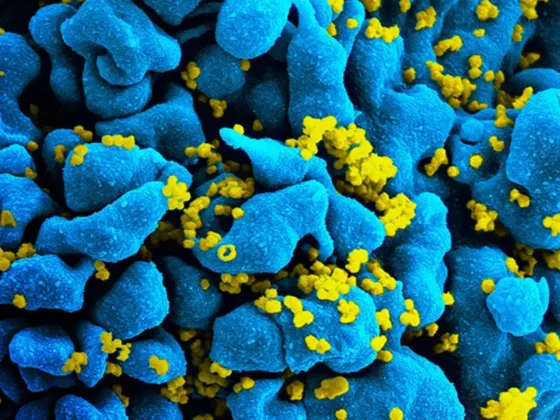New Delhi, 21 November 2024: Hypertension, commonly known as high blood pressure. One of the leading causes of cardiovascular diseases worldwide, contributing to an estimated 9.4 million deaths annually. It often remains undiagnosed and untreated, making it a silent killer. This has led researchers and healthcare professionals to look for more effective treatments to manage and control hypertension. In a significant breakthrough, doctors at the All India Institute of Medical Sciences (AIIMS). One of the country’s leading medical institutions, have developed a new drug combination that promises to improve hypertension treatment and provide better control over the condition.
The Growing Burden of Hypertension
Hypertension is a major risk factor for various cardiovascular diseases, including stroke, heart attack, heart failure, and kidney disease. The World Health Organization (WHO) estimates that approximately 1.13 billion people worldwide suffer from hypertension. With many unaware of their condition due to the lack of symptoms. If left untreated, high blood pressure can lead to severe complications, often resulting in long-term damage to the heart, brain, and kidneys.
The treatment for hypertension typically involves a combination of lifestyle modifications (like exercise, diet changes, and stress management) and medication. However, despite the availability of various drugs to treat high blood pressure. Many patients still struggle to manage their condition effectively. This is where the recent breakthrough by AIIMS doctors could play a pivotal role in revolutionizing hypertension treatment.
Understanding the TOPSPIN Study on Hypertension Management in India
A significant study has recently concluded, aimed at identifying the best combinations of medications for managing high blood pressure, commonly known as hypertension, in India. This clinical trial, called TOPSPIN (Treatment Optimisation for Blood Pressure with Single-Pill Combinations in India).
Conducted in collaboration with reputable organizations such as the All India Institute of Medical Sciences (AIIMS), Imperial College London, and the Centre for Chronic Disease Control. The goal of this study was to address a critical gap in global medical guidelines, which currently do not provide recommended drug combinations suited for the Indian population.
Hypertension is becoming an alarming issue in India, impacting millions of people. High blood pressure can lead to serious health problems, like heart disease and stroke. Considering the distinct genetic and lifestyle factors that contribute to hypertension in India. It’s vital to find effective treatment solutions tailored to this demographic. The TOPSPIN study seeks to provide solid evidence to help doctors select the most effective antihypertensive combinations for their patients.
The Drug Combinations Tested
The TOPSPIN study evaluated three popular two-drug combinations, known as single-pill combinations (SPCs), for managing high blood pressure. These combinations include:
Amlodipine/Perindopril
Perindopril/Indapamide
Amlodipine/Indapamide
These combinations were chosen based on their proven effectiveness in reducing blood pressure and decreasing the risk of heart-related issues, supported by prior global studies.
You may also like –

Benefits of Single-Pill Combinations: Why Choose Single-Pill Combinations?
Choosing single-pill combinations has many benefits compared to taking separate medications. Firstly, patients tend to achieve faster and more effective blood pressure control. Secondly, these combinations usually come with fewer side effects, making them easier for patients to tolerate. Finally, the convenience of a single pill improves patients’ adherence to prescribed treatments, which is crucial for long-term health outcomes. By simplifying medication management for patients, healthcare providers can significantly enhance treatment success.
Implications for Hypertension Management
The results from the TOPSPIN study are set to make a significant impact on clinical practices in India. Armed with solid evidence on specific drug combinations, healthcare professionals will be better equipped to make informed choices that align with the needs of their patients. Furthermore, this research may lead to new guidelines for hypertension management in the country, ensuring that patients receive the best possible care.
Read Also – Parkinson’s Disease To Surge To 3.15 Million Worldwide By 2033: Warns Report
While the TOPSPIN study marks a pivotal moment in hypertension research in India, it also paves the way for further exploration. Future research can dive into alternative drug combinations, the long-term effects of these treatments, and their impact on diverse demographics in India. Understanding how different groups respond to these medications will be essential for refining treatment strategies and improving patient health outcomes.











